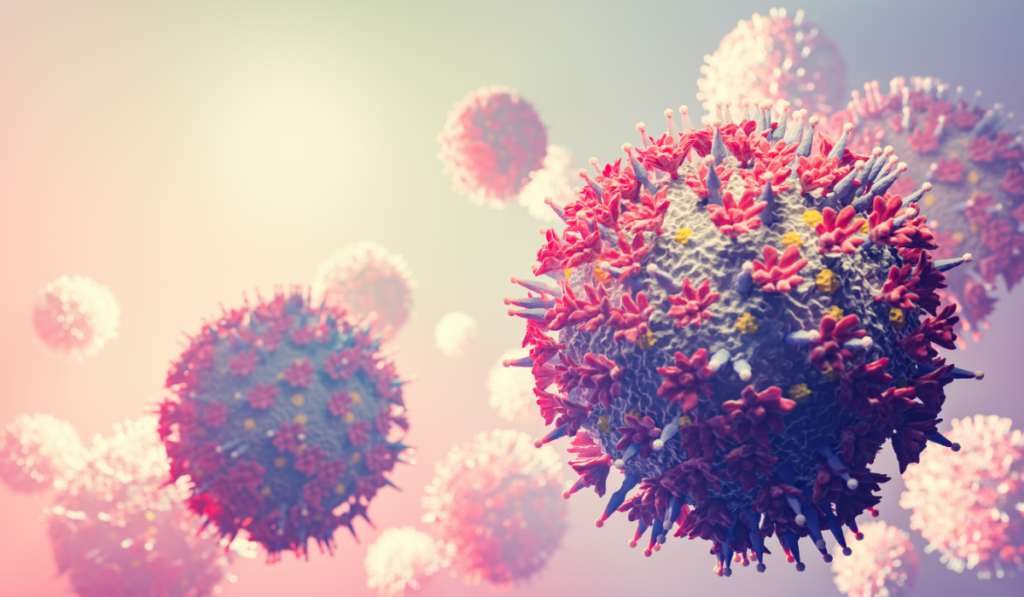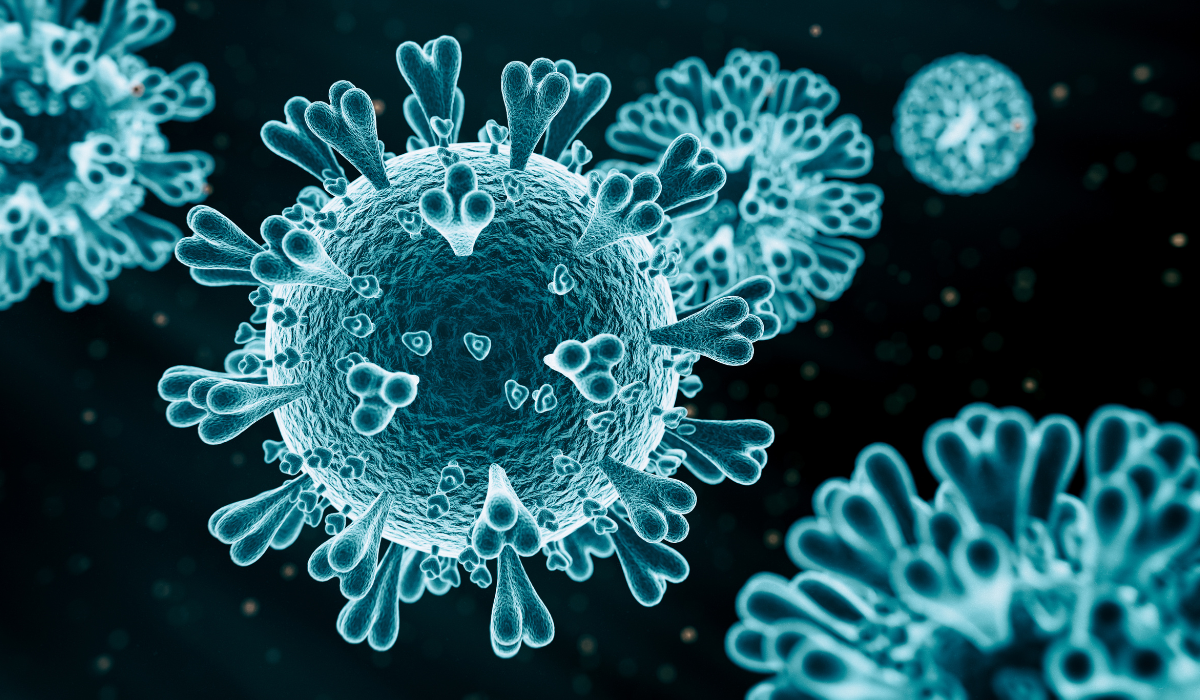India discovered the JN.1 COVID-19 variant, a recent strain with potential implications for global health. It is crucial to be aware of the symptoms of this variant. Suspect infection? Swiftly get tested and treated to safeguard your health. Take immediate action for a prompt recovery.
What is the JN.1 variant?
The JN.1 variant is a sub-lineage of the Omicron BA.2.75 subvariant. It was first detected in India in July 2023 and has since spread to other parts of the world. The JN.1 variant is more transmissible than previous variants of COVID-19, and it may also be more resistant to vaccines.
What are the symptoms of the JN.1 variant?
The symptoms of the JN.1 variant are similar to those of other variants of COVID-19, but there are some key differences. Here are the top 5 symptoms of the JN.1 variant that you shouldn’t ignore:
Fever
A fever is one of the most common symptoms of COVID-19, including the JN.1 variant. A fever is a body temperature that is higher than 100.4°F (38°C). If you have a fever, it is important to take your temperature and monitor it. If your fever is high or does not go away after a few days, you should see a doctor.
Cough
A cough is another common symptom of COVID-19, including the JN.1 variant. A cough can be dry or wet, and it can be mild or severe. If you have a cough that is persistent or that is accompanied by other symptoms, such as fever or shortness of breath, you should see a doctor.
Fatigue
Fatigue is a feeling of tiredness or lack of energy. It is a common symptom of many illnesses, including COVID-19. If you are feeling more tired than usual, it is important to listen to your body and rest. If your fatigue is severe or does not improve after a few days, you should see a doctor.
Loss of taste or smell
Loss of taste or smell is a less common symptom of COVID-19, but it can be a sign of the JN.1 variant. If you lose your taste or smell, it is important to see a doctor to rule out other possible causes.
Muscle aches and pains
Muscle aches and pains are another less common symptom of COVID-19, but they can be a sign of the JN.1 variant. If you have muscle aches and pains that are severe or that do not improve after a few days, you should see a doctor.
What should I do if I think I have the JN.1 variant?

If you think you may have the JN.1 variant, it is important to get tested. You can get tested for COVID-19 at a doctor’s office, a testing site, or even at home. If you test positive for COVID-19, you should isolate yourself from others and follow the recommendations of your doctor.
How can I protect myself from the JN.1 variant?
The best way to protect yourself from the JN.1 variant is to get vaccinated and boosted. You should also take other precautions, such as wearing a mask, washing your hands frequently, and social distancing.
Other tips for staying safe
Avoid close contact with sick people.
Clean and disinfect surfaces regularly.
Stay home if you are sick.
Conclusion
The JN.1 variant is a new and concerning strain of COVID-19, but it is important to remember that there are things you can do to protect yourself. Ensure safety for yourself and loved ones by getting vaccinated, taking precautions, and staying aware of symptoms. Be proactive in maintaining a healthy environment.
I hope this blog has been helpful. Please share it with your friends and family to help raise awareness about the JN.1 variant.
Additional resources
World Health Organization (WHO) website: https://www.who.int/
Centers for Disease Control and Prevention (CDC) website: https://www.cdc.gov/
Government of India website: https://www.india.gov.in/
FAQ
How contagious is the JN.1 variant?
The JN.1 variant is more contagious than previous variants of COVID-19, including the Omicron BA.2.75 subvariant. It is estimated to be about 1.5 times more transmissible than BA.2.75.
How effective are vaccines against the JN.1 variant?
Vaccines are still effective against the JN.1 variant, but they may not be as effective as they are against other variants. This means that it is possible to get infected with the JN.1 variant even if you are fully vaccinated. However, getting vaccinated can still help to protect you from serious illness, hospitalization, and death.
What should I do if I have been in close contact with someone who has the JN.1 variant?
If you have been in close contact with someone who has the JN.1 variant, you should monitor yourself for symptoms and get tested if you develop any. You should also quarantine yourself for 5 days, even if you do not have any symptoms.
Disclaimer:
For general information only; don’t consider this blog as medical advice. Consult professionals for personalized health guidance. Please consult with a healthcare professional if you have any questions or concerns about COVID-19.








